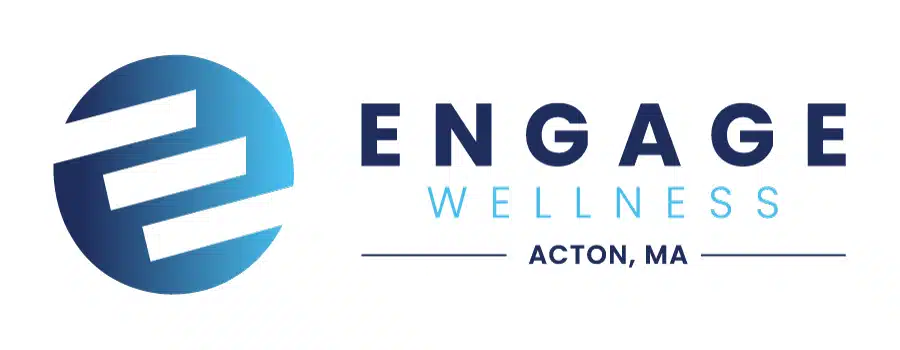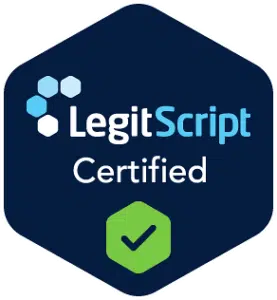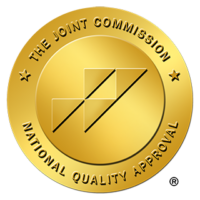Discover New Motivations For Lasting Change
Motivational Interviewing (MI) is a key treatment approach to address addiction. MI helps people explore their reasons for change, resolve ambivalence, and build confidence in overcoming substance use disorders. This evidence-based technique focuses on collaboration, empathy, and strengthening intrinsic motivation, empowering clients to take charge of their recovery. With MI, you’ll be guided to discover your own path to lasting transformation, leading to a healthier, substance-free life.
What is Motivational Interviewing For Addiction?
Motivational Interviewing is a collaborative, client-centered approach to therapy that helps clients explore and resolve ambivalence about making life changes.[1] In the context of addiction, MI focuses on enhancing motivation and encouraging clients to take ownership of their recovery journey. It’s based on the idea that clients are more likely to change when they feel supported and empowered rather than coerced or judged. MI helps clients recognize the discrepancies between their current behaviors and their long-term goals, which motivates them to take action toward recovery.
Engage Wellness integrates MI into our treatment programs to support you in your journey toward addiction recovery. Therapists work with you to identify and address any internal conflicts, helping you tap into your own motivations for change. This compassionate approach empowers you to make lasting decisions and follow through with your recovery goals.
Through MI, Engage Wellness helps you navigate the emotional complexities that often come with addiction. With an empathetic, non-judgmental approach, therapists create an environment where you feel heard, understood, and supported as you work toward overcoming substance use. This collaborative method strengthens your commitment to change, giving you the tools to build a healthier future.
The Core Components of MI
Motivational Interviewing is built on several core components that work together to help you increase motivation and resolve ambivalence toward change. These principles guide the process of self-discovery, focusing on what’s important to you and why change is worth pursuing:[2]
The Benefits of MI For Addiction
MI offers several benefits for addiction treatment by focusing on internal motivation and empowering you to make meaningful behavior changes. MI is an evidence-based approach that helps you resolve ambivalence about change by exploring your values, goals, and the discrepancies between your current behavior and desired outcomes.[3] MI interventions, such as reflective listening and open-ended questions, encourage you to voice your own reasons for change, referred to as “change talk.” This approach not only strengthens motivation but also enhances self-efficacy, the belief in your ability to overcome substance use disorders and make lasting changes.
One of the core strengths of MI is its ability to engage you in the process of behavior change without confrontation. By using techniques like affirmations, evoking, and summarizing, MI helps you reflect on your own experiences and motivations. As a result, MI has shown significant effectiveness in treating addictive behaviors, including drug abuse and alcohol use disorder. Research, including systematic reviews and meta-analyses, demonstrates that MI can improve treatment outcomes, increase retention in substance abuse treatment programs, and support long-term recovery.[4]
In addition to its impact on substance abuse treatment, MI is often integrated with other therapeutic approaches, like Cognitive-Behavioral Therapy (CBT), to maximize results. MI’s focus on the stages of change model makes it suitable for a wide range of treatment settings, from early interventions to long-term therapy.
What We Treat
Engage Wellness recognizes that addiction is often tied to deeper emotional or mental health challenges. For many, substance use is intertwined with issues like anxiety, depression, or trauma, which can make recovery more complex.
Motivational Interviewing is a powerful tool for those navigating both addiction and mental health conditions. It helps you build the internal motivation needed to make lasting changes, even when the road ahead seems tough. At Engage Wellness, MI is a key part of the approach to help you connect with your own reasons for change, regardless of where you are in your recovery journey.
Unlock The Motivation You Need To Stay The Course
Are you ready to unlock your own motivation and take control of your recovery? Motivational Interviewing can guide you in discovering the strength within to change, helping you overcome addiction on your terms. Reach out today and let us partner with you on this transformative journey toward a healthier, substance-free future. Your path to change starts here. Contact our admissions team today.
Frequently Asked Questions About Motivational Interviewing and Addiction Therapy in Massachusetts
What makes Motivational Interviewing (MI) different from other addiction therapies?
Motivational Interviewing is unique from other addiction treatment methods due to its client-centered, collaborative approach. Rather than imposing change, MI focuses on evoking a person’s internal motivation to alter their behavior. By using techniques like reflective listening, affirmations, and open-ended questions, MI helps clients articulate their reasons for change, making it an effective intervention for those struggling with substance abuse and mental health issues.
How does MI address resistance in substance use disorder treatment?
MI is particularly effective in reducing resistance to treatment, a common challenge in addiction recovery. The approach emphasizes empathetic listening, validation, and understanding, which helps create a safe space for clients to express their ambivalence. By acknowledging their struggles and motivations, clinicians can guide individuals through the stages of change, making them more receptive to treatment interventions and promoting positive behavior change.
What types of addiction does MI treat effectively?
As a counseling approach, Motivational Interviewing is a versatile treatment method, effective for a wide range of addictive behaviors, including drug use, alcohol use disorder, and opioid abuse. Whether used for addiction, drug abuse, or addressing co-occurring mental health conditions, MI has shown positive outcomes in treating substance use disorders in psychotherapy. Its ability to enhance self-efficacy and focus on internal motivation makes it particularly suited for addressing long-term recovery and maintaining treatment retention.
Can MI be used in both inpatient and outpatient settings?
Yes, MI is highly adaptable and can be utilized in multiple addiction treatment programs and settings. MI helps sustain engagement in treatment and prevent relapse, ensuring individuals continue to build the motivation needed for sustained sobriety. Its evidence-based techniques are effective in both short-term interventions and long-term addiction recovery.









